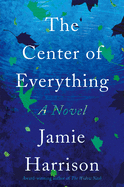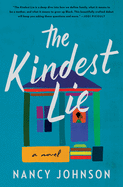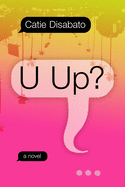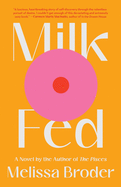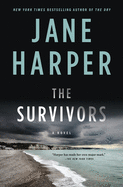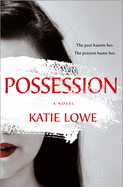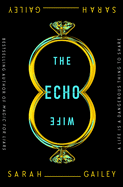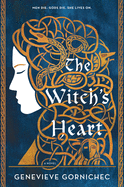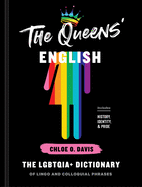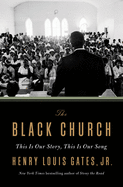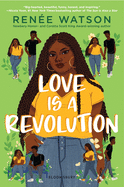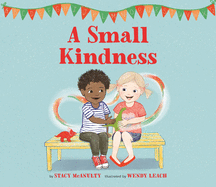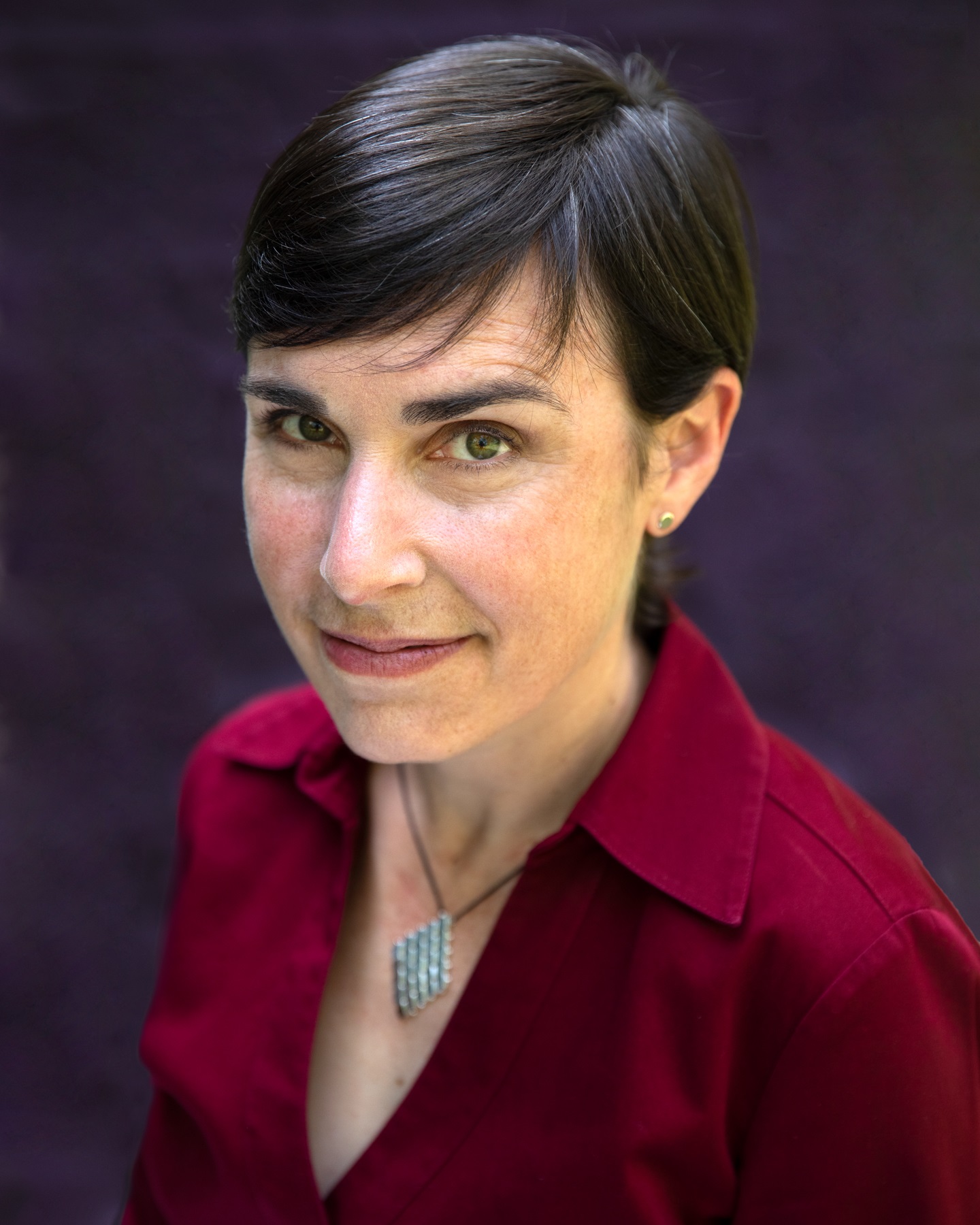 |
| photo: Lucy Schaeffer |
Janice P. Nimura is a historian living in New York City whose first book, Daughters of the Samurai: A Journey from East to West and Back, was one of the New York Times's top 50 nonfiction books of 2015. Nimura received a Public Scholar Award from the National Endowment of Humanities to support her research on The Doctors Blackwell: How Two Pioneering Sisters Brought Medicine to Women and Women to Medicine (W.W. Norton).
On your nightstand now:
Isabel Wilkerson's Caste, which feels like it might be the most important book of 2020. Saidiya Hartman's Wayward Lives, Beautiful Experiments, because I'm drawn to the place where archive and imagination intersect. Hilary Mantel's The Mirror and the Light, though I promised myself I'd re-read Wolf Hall and Bring Up the Bodies first. And Tana French's latest, The Searcher, but I'm saving that for when I really, really need it.
Favorite book when you were a child:
It's a little weird how much I adored Betty MacDonald's Mrs. Piggle-Wiggle books, since they're all about curing children's bad habits, but I was a serious rule-follower. Also, the four Mary Poppins books, so much darker and more ambiguous than Disney. I guess I had a thing for witchy women who understood how to let children figure things out. Oh, and can't leave out D'Aulaires' Greek Myths. I grew up without religion, but when I had something to pray for, I prayed to Athena. Sometimes Artemis.
Your top five authors:
I can't pick favorites--they change over time, like I do. But I love it when the authors who inspire me also inspire each other. Take a group like Helen Macdonald (Vesper Flights), Ed Yong (I Contain Multitudes), Merlin Sheldrake (Entangled Life), Robert Macfarlane (Underland) and Michael Pollan (How to Change Your Mind). They're all writing about different aspects of the natural world in elegant, mind-stretching ways, and they're all in conversation, in their writing and in real life. Same with Madeline Miller (Circe) and Emily Wilson (The Odyssey), illuminating classical antiquity via storytelling and translation.
Book you've faked reading:
Proust. I don't get the appeal, but I do love madeleines.
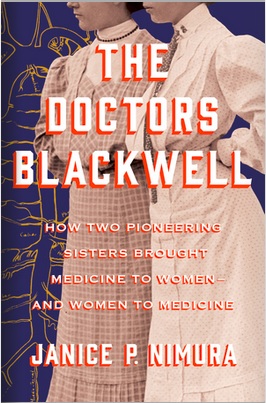 Book you're an evangelist for:
Book you're an evangelist for:
At the moment, Louise Aronson's Elderhood. Gen X is pivoting from raising children to caring for parents, and we're just beginning to confront our own gray hairs. Aronson is a brilliant and empathetic storyteller, a searing critic of the state of American healthcare and a persuasive advocate for a new way of thinking about age. She belongs in the pantheon of narrative medicine with Oliver Sacks, Atul Gawande, Victoria Sweet, Paul Kalanithi.
Book you've bought for the cover:
Sarah Perry's The Essex Serpent. No regrets there, gorgeous inside and out.
Book you hid from your parents:
Whatever I happened to be reading when it was time for bed. Rule-follower, remember? A flashlight under the covers was a major transgression.
Book that changed your life:
A Japanese Interior, a memoir by Alice Mabel Bacon, a New Haven schoolteacher who spent a year in Japan in 1888. I pulled it off a dusty shelf in the subterranean stacks of the New York Society Library, where it had probably stood untouched since it was published. Alice led me to her dearest friends--three Japanese girls sent to America for a decade in the 1870s--and their story became my first book, Daughters of the Samurai.
Favorite line from a book:
In the great green room…
Goodnight Moon was my first encounter with words as incantation. I can still hear the pauses for the page turns. Goodnight nobody. Goodnight mush. My pulse slows and my shoulders loosen.
Five books you'll never part with:
I hold on to the ones that are portals to worlds I want to be able to revisit at will: Philip Pullman's His Dark Materials, Ellis Peters's Brother Cadfael books, Dorothy Dunnett's Lymond Chronicles, Harry Potter, Laura Ingalls Wilder, Neil Gaiman, Erin Morgenstern. Otherwise, I'm constantly parting with books--I love having them all around me, but I also love putting them into new hands. What use is a book if no one ever reads it?
Book you most want to read again for the first time:
A Little Life by Hanya Yanagihara. That one cracked me open and let the light get in.
What you read when you're writing:
Fantasy, avidly, especially quests with satisfying endings. Researching and writing a biography can feel like a solitary, arduous journey. I love escaping into another world, and remembering that my own is hardly arduous--I don't have any actual monsters to slay. True confession: I'll take a galloping good yarn over High Culture most days. And sometimes--well, actually a lot of the time--I flip ahead to see how it ends.
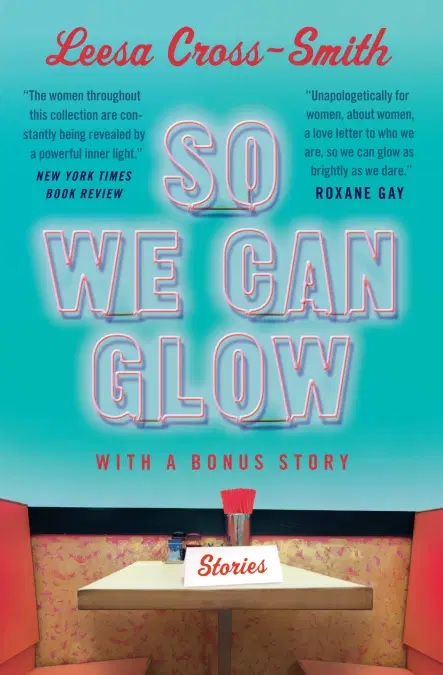 I first encountered Leesa Cross-Smith's writing via her 2020 story collection, So We Can Glow. How could I not pick up a book that Roxane Gay called (in a quote on the cover) "unapologetically for women, about women, a love letter to who we are, the best and worst of us, held high and true, so we can glow as brightly as we dare"? Besides loving the cleverness of Gay managing to use the collection's title as praise for the book, I also couldn't resist the idea of stories that celebrate women at their highs and their lows--and the 42 tales in So We Can Glow (Grand Central, $15.99) do precisely that, with a depth of emotion and contexts that show off Cross-Smith's skill as a story writer.
I first encountered Leesa Cross-Smith's writing via her 2020 story collection, So We Can Glow. How could I not pick up a book that Roxane Gay called (in a quote on the cover) "unapologetically for women, about women, a love letter to who we are, the best and worst of us, held high and true, so we can glow as brightly as we dare"? Besides loving the cleverness of Gay managing to use the collection's title as praise for the book, I also couldn't resist the idea of stories that celebrate women at their highs and their lows--and the 42 tales in So We Can Glow (Grand Central, $15.99) do precisely that, with a depth of emotion and contexts that show off Cross-Smith's skill as a story writer.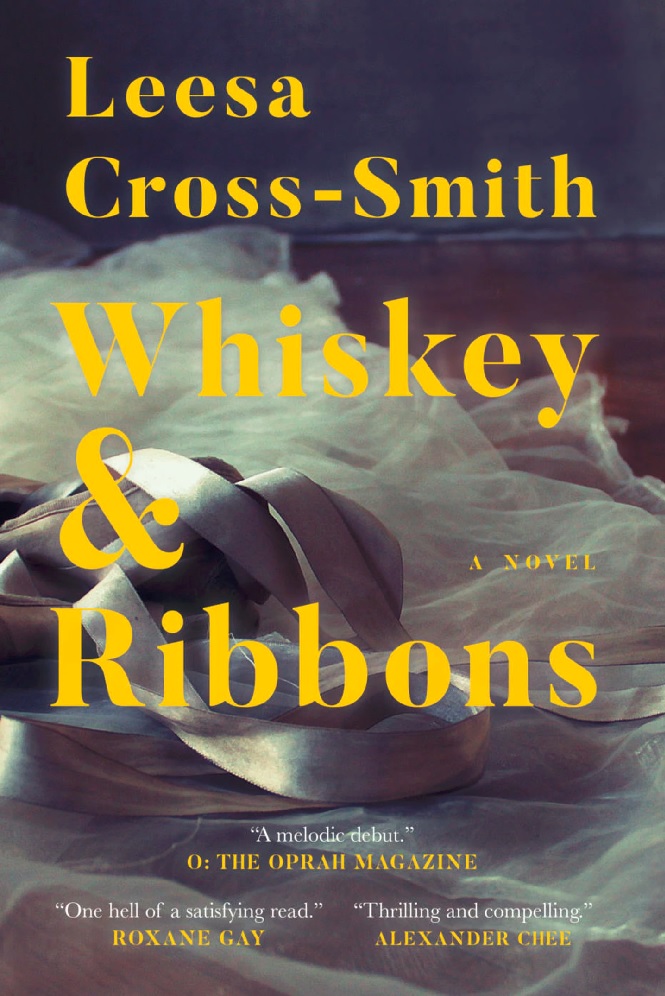 That skill comes through in Cross-Smith's novels as well, delivering the same emotional depth via a different vehicle. Her debut novel, Whiskey & Ribbons (Hub City Press, $16), centers on the death of a Black cop killed in the line of duty. With first-person narration from three narrators, the novel weaves between perspectives (like many of the best short story collections) to coalesce in a moving work about grief and loss, family and love.
That skill comes through in Cross-Smith's novels as well, delivering the same emotional depth via a different vehicle. Her debut novel, Whiskey & Ribbons (Hub City Press, $16), centers on the death of a Black cop killed in the line of duty. With first-person narration from three narrators, the novel weaves between perspectives (like many of the best short story collections) to coalesce in a moving work about grief and loss, family and love.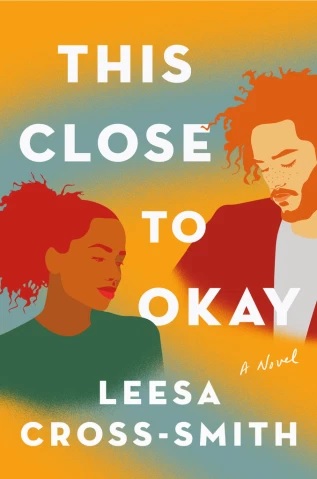 While Whiskey & Ribbons moves back and forth in time, the core of Cross-Smith's second novel, This Close to Okay (Grand Central, $27), is set during one long weekend. The novel promises the story of two strangers--a therapist and the man she pulls from the side of a bridge during a rainstorm--and looks like it will pack just as much punch as the stories that drew me into Cross-Smith's oeuvre to begin with. --Kerry McHugh, blogger at Entomology of a Bookworm
While Whiskey & Ribbons moves back and forth in time, the core of Cross-Smith's second novel, This Close to Okay (Grand Central, $27), is set during one long weekend. The novel promises the story of two strangers--a therapist and the man she pulls from the side of a bridge during a rainstorm--and looks like it will pack just as much punch as the stories that drew me into Cross-Smith's oeuvre to begin with. --Kerry McHugh, blogger at Entomology of a Bookworm



 Book you're an evangelist for:
Book you're an evangelist for: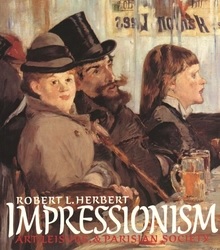 Robert L. Herbert
Robert L. Herbert